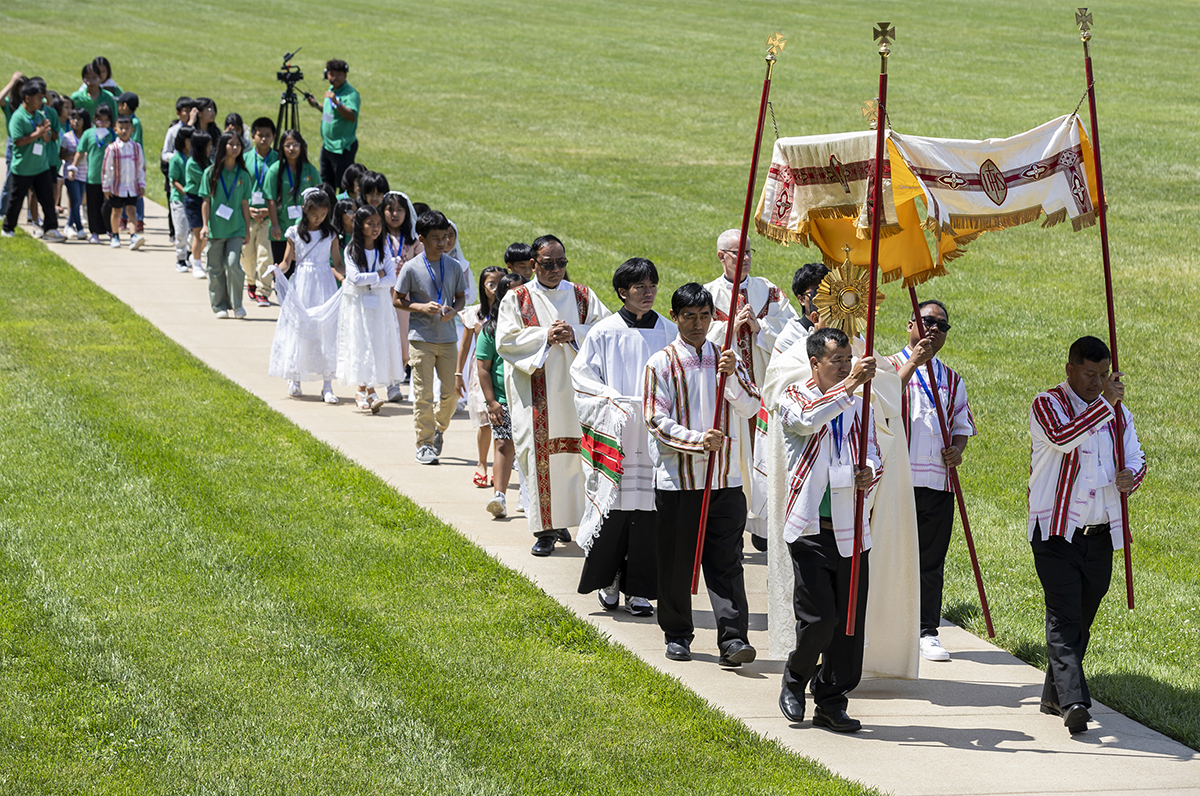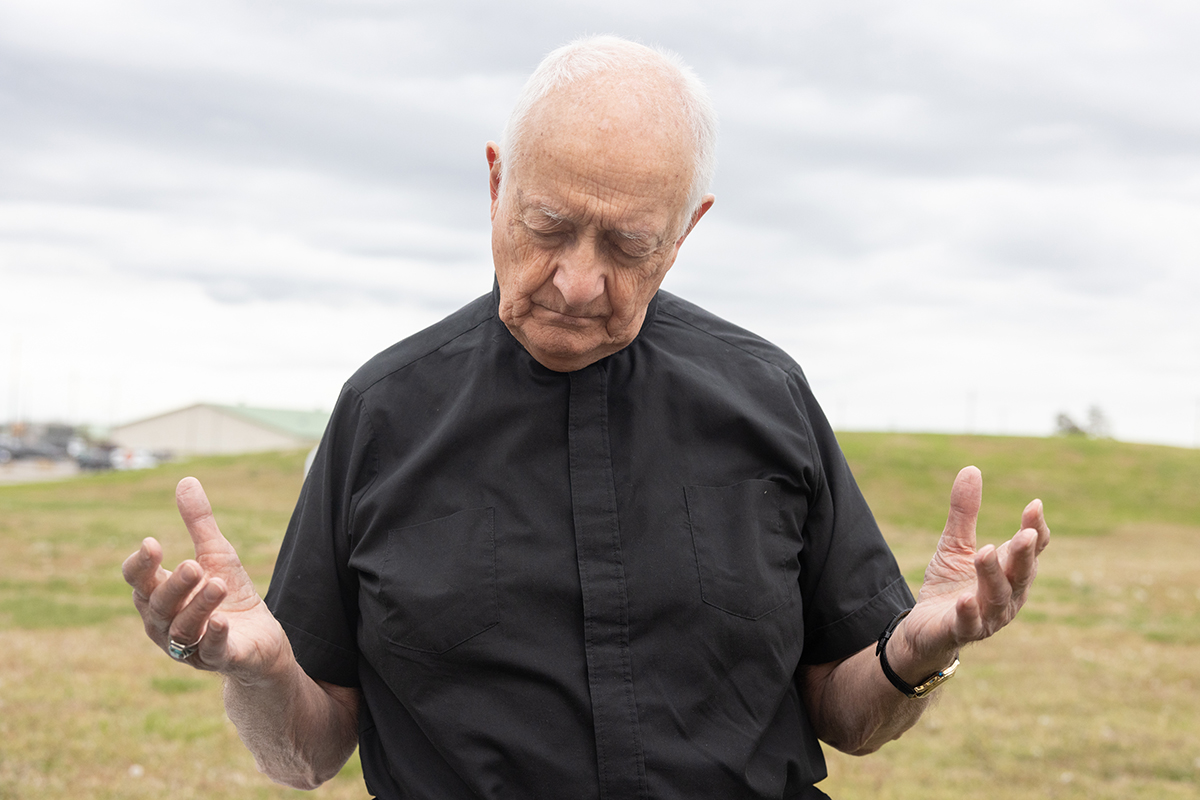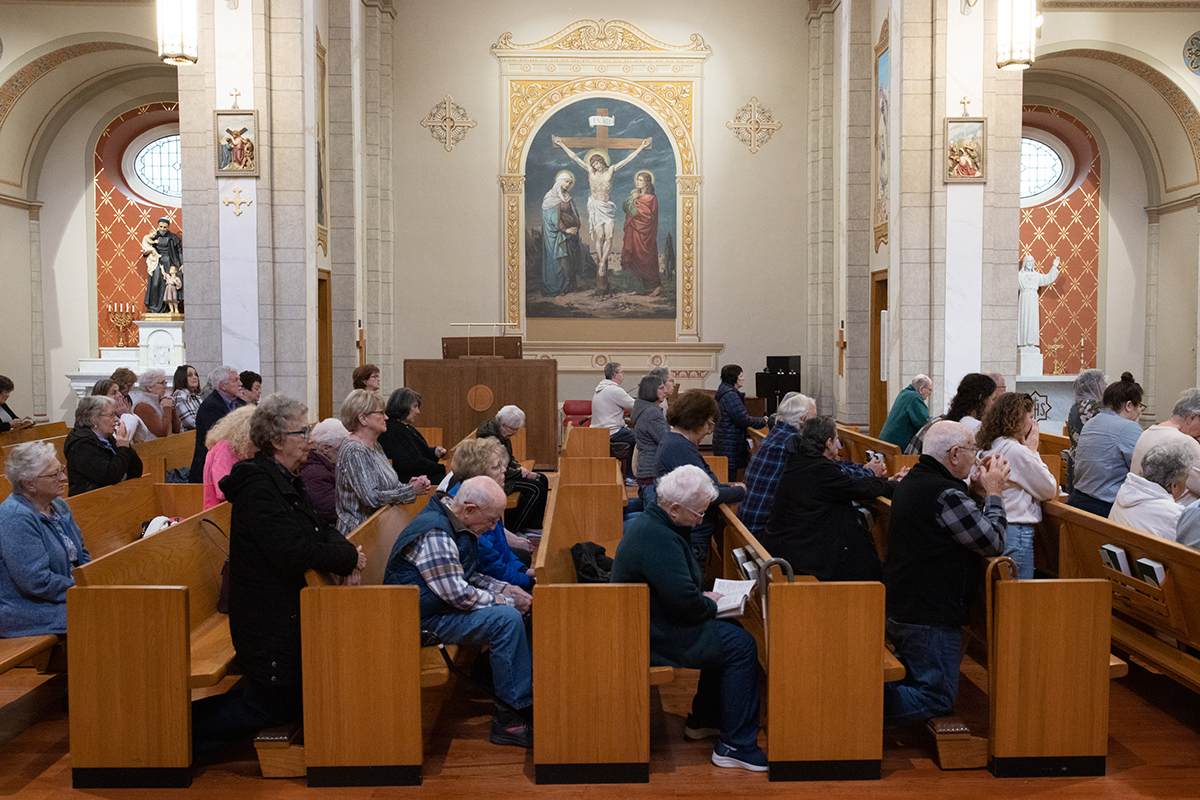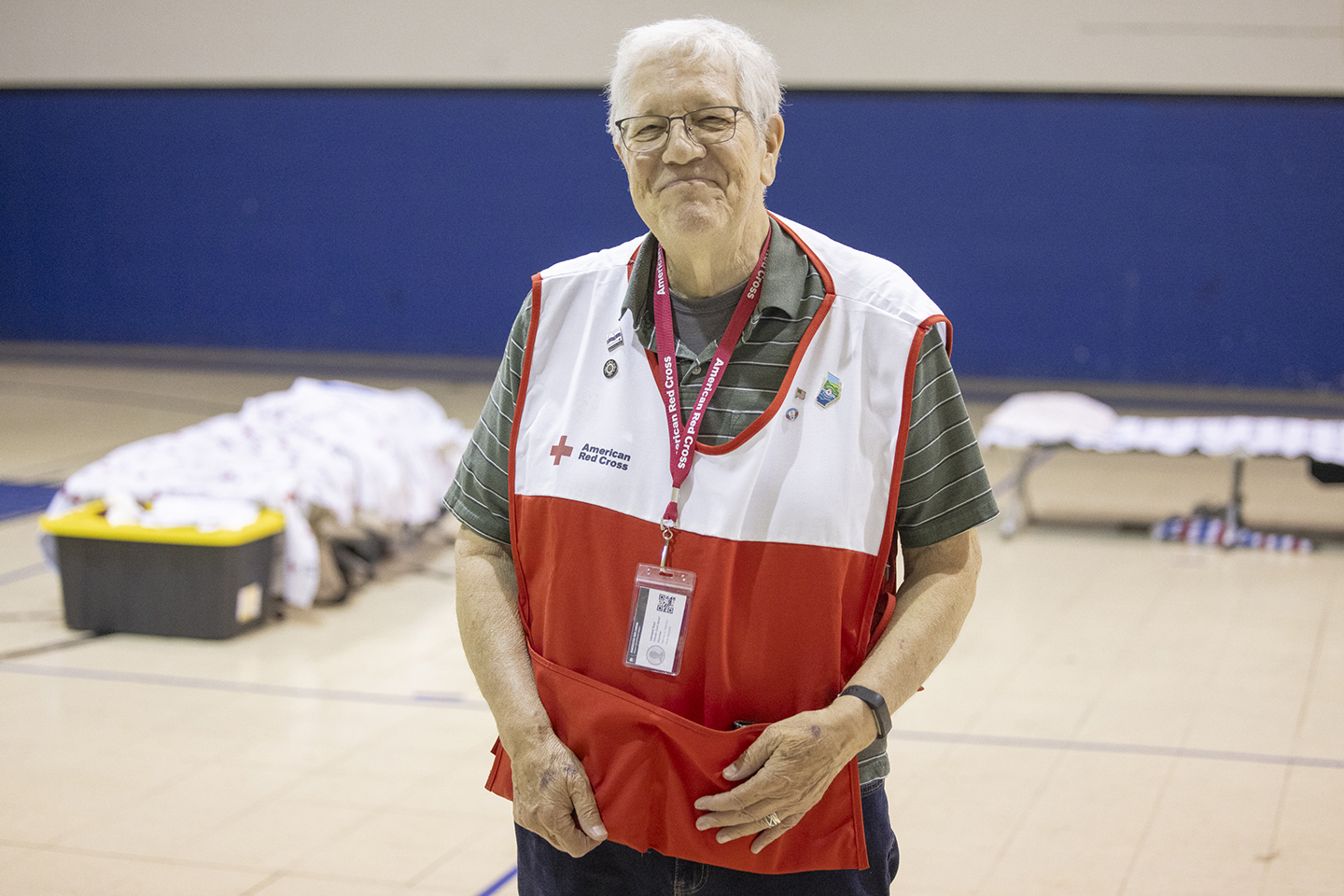Mediation process seen as pastoral response
From November 2003:
A mediation process to help resolve outstanding claims dealing with clergy abuse is another initiative by the archdiocese to pastorally respond to anyone who has been a victim, Auxiliary Bishop Joseph Naumann, administrator of the archdiocese, said Nov. 7.
“Our hope is that it’s a process that can better enable us get help to those who’ve suffered in some way because of abuse,” Bishop Naumann said.
The Archdiocese of St. Louis has taken a different approach than have other dioceses with large settlements, he said. “We’re focused on providing specifically the help that’s needed for people to rebuild their lives. We don’t think that translates necessarily into large settlements.”
The archdiocese continues to meet with individuals bringing allegations. When it comes to providing needed counseling, therapy and other medical assistance, “we try to be as responsive and generous as we can be,” Bishop Naumann said.
“The mediation process will give us a vehicle in which to do that,” he said.
At a news conference Nov. 4, Bishop Naumann said that it is hoped that the mediation will begin as early as December.
“Some of the victims may find it helpful, and what may be attractive to them is to have a neutral party” as a mediator, he told the Review. “Some people may feel that is more objective in assessing what the real needs are and in helping us identify what the appropriate response is.”
At the news conference, Bishop Naumann noted that the archdiocese has had policies and procedures in place since 1990 for protecting children and youth and for addressing allegations of sexual abuse by clergy and other archdiocesan employees.
These policies and procedures were consistently strengthened during the service of then-Archbishop Justin Rigali, he noted.
The policies and procedures are in full compliance with the Charter and Norms of the U.S. Conference of Bishops adopted in Dallas in June of 2002 for protecting children and youth.
Bishop Naumann said the abuse of a child or young person by a member of the clergy or by an archdiocesan employee is “tragic,” and he offered an apology.
“I have spent almost all of my priesthood working with young people, trying to care for them and to help them develop their maximum potential. It saddens me to know that any child was harmed by someone in the Church. I encourage those who believe that they have been victims of abuse to come forward.”
At the news conference, he once again offered the assurance that there is no member of the clergy serving in active ministry in the archdiocese with a substantiated allegation of abuse of a minor.
Bishop Naumann also noted that, just as under Cardinal Rigali’s leadership, he is “ready and willing to meet in a pastoral context with any individual with a substantiated allegation of clergy abuse if this is thought helpful for healing.”
Bernard Huger, legal counsel for the archdiocese, said Brendan Ryan, a retired judge, and attorney Michael Geigerman have been selected as mediators.
It is expected that members of the archdiocese’s Gennesaret Committee will be present during the mediation process, Huger said. The committee advised Archbishop Rigali on issues of sexual abuse of minors by clergy.
The person bringing the complaint may be accompanied by family members, an attorney, a therapist or others, Huger said.
The idea is to provide a setting for a listening session “to hear what they think their needs are or what their therapist thinks their needs may be. We’ll have members of our Gennesaret Committee — people with specialties in the mental health professions among others — try to help us assess from the people or their therapist what the needs might be, projected out to the future as well as from the past.”
The goal, he said, is to “try to arrive at a settlement that would be adequate to cover those needs.”







